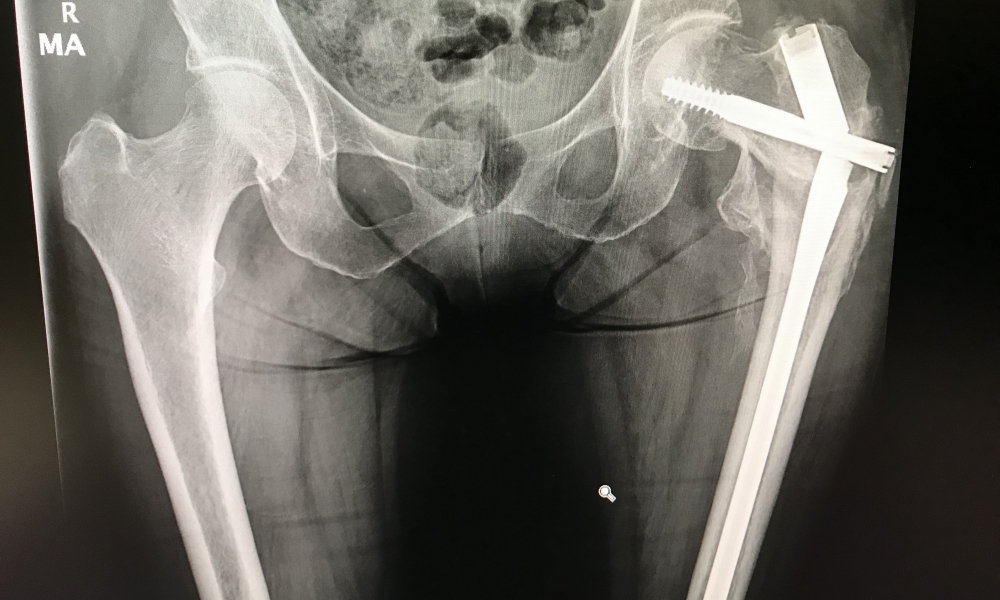
Caring for Patients Who Don’t Heal Optimally After Treatment for Hip Fractures
The strategies for treatment and prognosis often are very different. Fortunately, most people who break hips and are treated surgically do well. However, this isn’t the case for everyone and there are a variety of reasons for poor outcomes.
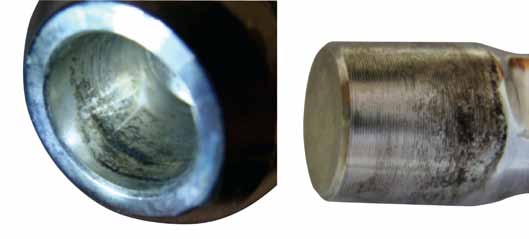
Common Symptoms of Corrosion Problems from Metal-on-Metal Implants
/
2 Comments
In my last blog, I outlined the serious complications associated…
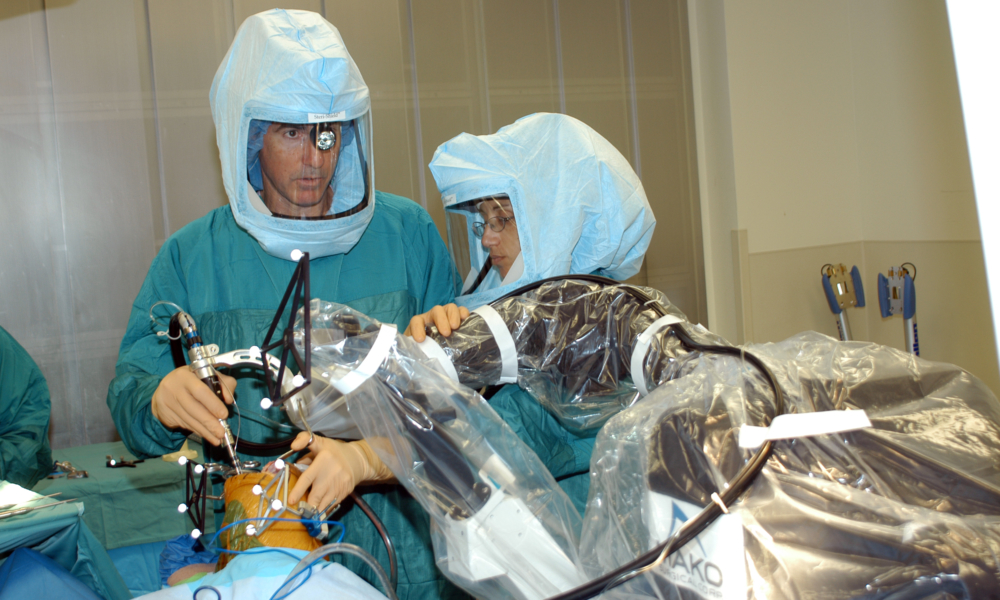
Computer-Assisted Total Knee and Robotic-Assisted Partial Knee Surgery: Sharing the Benefits of These Techniques with Medical Professionals from other Countries
----
----
I recently spoke at the Morgan White Leaders' Conference…

The Pros and Cons of Two Approaches to Hip Replacement: Mini-Posterior and Direct Anterior
In my last blog post, I discussed minimally invasive surgery…

Minimally Invasive Surgery
Minimally invasive surgery (MIS) has been a hot topic for the…
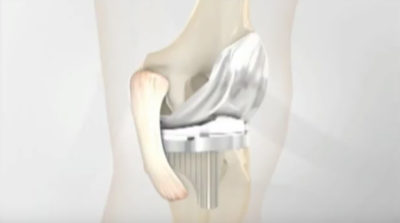 https://holycrossleonecenter.com/wp-content/uploads/2018/03/Pressure-Sensors-e1539296138496.jpg
223
400
Joseph Corsino
https://holycrossleonecenter.com///wp-content/uploads/2017/11/Leone-Center-Logo@2x.png
Joseph Corsino2012-08-30 19:03:102019-10-19 09:49:17The Advantages of Partial Knee Replacement Surgery
https://holycrossleonecenter.com/wp-content/uploads/2018/03/Pressure-Sensors-e1539296138496.jpg
223
400
Joseph Corsino
https://holycrossleonecenter.com///wp-content/uploads/2017/11/Leone-Center-Logo@2x.png
Joseph Corsino2012-08-30 19:03:102019-10-19 09:49:17The Advantages of Partial Knee Replacement Surgery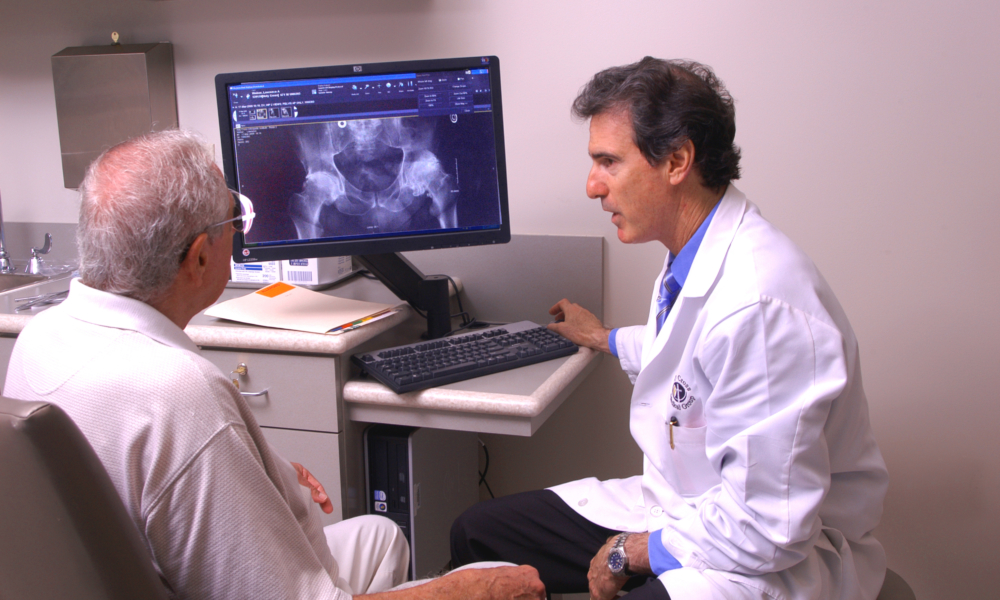
Top 20 Questions to Ask Your Orthopedic Surgeon Prior to Hip or Knee Surgery
-
On my medical blog, I have discussed many topics surrounding…

Top Five “Need-to-Knows” about Hip Replacement Surgery
The latest statistics gathered by the Centers for Disease Control…
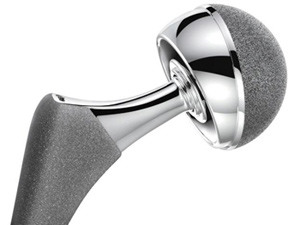
Metal-on-Metal Hip Replacements
Recently the FDA released a statement of concern about hip replacements…

Concierge Medicine at The Leone Center for Orthopedic Care
At the Leone Center for Orthopedic Care, we define our Concierge…
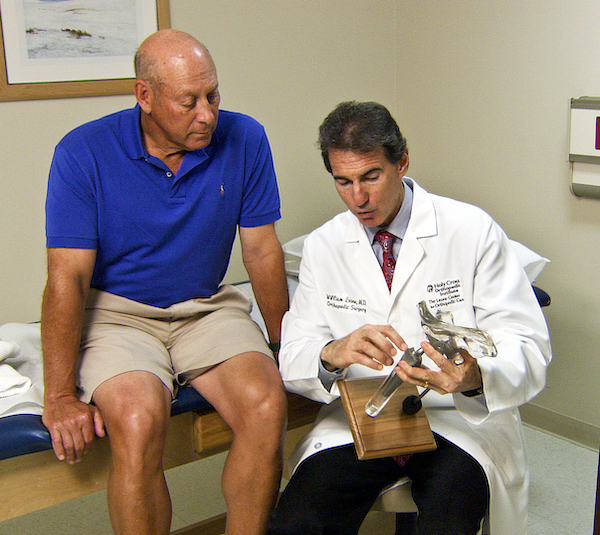
Top Five Questions to Ask an Orthopedic Surgeon about Hip and Knee Replacement Surgery
The science and technology of joint replacement continue to evolve,…
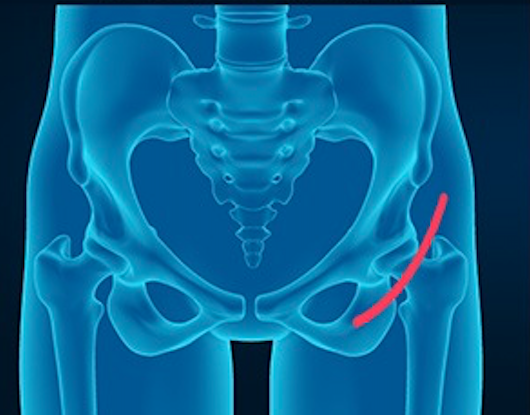
Anterior Approach for Hip Replacement: Advantages and Disadvantages
There are many well-established surgical approaches to the hip. …



